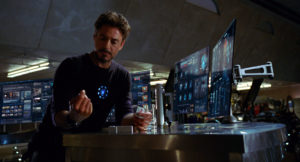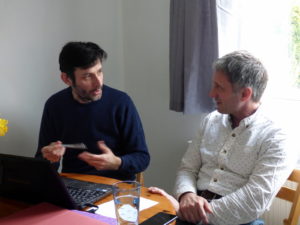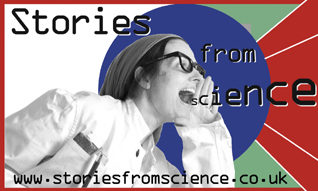Hollywood tends to do two things with science. Let the imagination (and the CGI) run wild, or else focus in on one of the biggest clichés in the business: the lone genius battling against odds on a breakthrough that will change (or save) the world.

There’s nothing we love more on ‘Stories from Science’ than a hoary old stereotype that we can bust apart, and this one is particularly dangerous and pernicious. Because whilst there are individuals who slave away in a lab, science breakthroughs that can be moved successfully from research environment into business – science commercialisation – are long, complicated, expensive and often heartbreaking journeys.
Many entrepreneurs think it’s all about the idea. In reality, it’s about everything but, from people and politics, to finance and legal wrangles. Above all it’s not for the faint-hearted.
 No-one knows this better than Stephen Bennington, founder and director of science spin-out consultancy Krino Partners. His science journey took him from one of the world’s biggest research facilities (the ISIS neutron source at Harwell), to helping spin-out science and technology companies at universities including Sussex University and University College London (where he was visiting professor for Nanotechnology).
No-one knows this better than Stephen Bennington, founder and director of science spin-out consultancy Krino Partners. His science journey took him from one of the world’s biggest research facilities (the ISIS neutron source at Harwell), to helping spin-out science and technology companies at universities including Sussex University and University College London (where he was visiting professor for Nanotechnology).
In 2011 he founded his own science spin-out – hydrogen storage company Cella Energy. His experience of the highs and lows on the cutting edge of science commercialisation forms the core of our interview.
As well as being a primer on hydrogen storage and the future of 3D printing, we cover teamwork, transferable skills and the often harsh reality of venture capital. And we get to the core of why science and technology start-ups can fail, and the changes you can do to allow them to succeed. It’s about creating an environment where scientists and engineers can work together in harmony…
